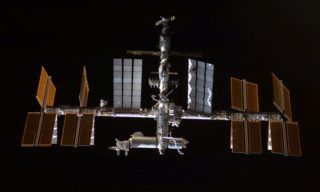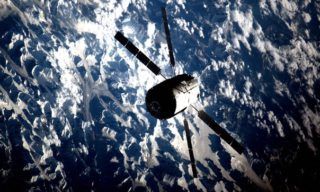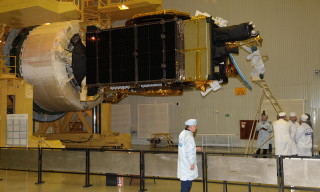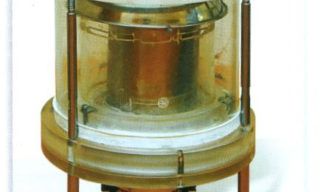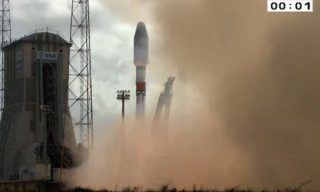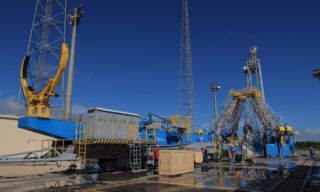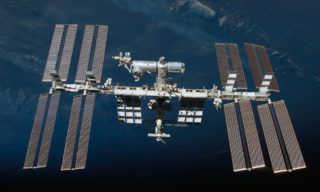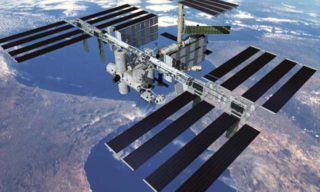Russian scientists develop the idea of launching biological satellite to 200 000 km high orbit, – radiation protection department manager of Institute for Biomedical problems Vladislav Petrov reported to ITAR-TASS.
Like Bion-M satellite launched in April 2013 Vozvrat small space device will deliver biological objects to the space. The data received as a result of this experiment will enable to determine space radiation impact on living organism thus providing a basis for developing system protecting human organism from space radiation during Mars flight, – Petrov noted.
Vozvrat will be launched to 200 000 km high orbit apogee and after specified radiation exposure it will return back to the Earth.
At the present time we work over the substantial part of the project.
“TSNIIMASH set this task and Institute for Biomedical problems works over these issues to use possibilities available reasonably or to correct them”.
Satellite’s payload amounts to 300 kg. “It is too little to conduct serious experiment even on mice, – Petrov said. – The problem is how to build the structure of biological experiment to get the answers to all our questions under conditions of only 300 kg payload. We have some ideas but it is necessary that not only we but Roscosmos, TsSKB-Progress and TSNIIMASH are also interested in it.
In case of decision to put the project into life the satellite will be constructed by Samara Progress State Research and Production Space Centre. According to Petrov there is an idea of 2-stages project implementation: the first step is 1500 km high flight, to practice engineering and technical solutions, the second – to lunch Vozvrat to 200 000 km high orbit.
“We need to study the combined impact of radiation and other flight factors on biological objects under conditions of real space radiation. Vozvrat with its 1500 km height is suitable for this purpose as it flies in Earth radiation belt. Radiation exposure there exceeds exposure on low orbit 10-15 times. Then we will construct Vozvrat satellite flying at 200000 km height where cosmic rays exposure is the main factor affecting cosmonauts’ health”, – the scientist explained.
According to his predictions Institute for Biomedical Problems specialists have to work over all methodic aspects of this experiment by 2022 as well as to develop laboratory mock-ups of life-support equipment and conduct ground tests.
“If we launch Vozvrat in 2024 we will get the idea of how to protect the cosmonauts from radiation during Mars flight”, – Petrov concluded.





